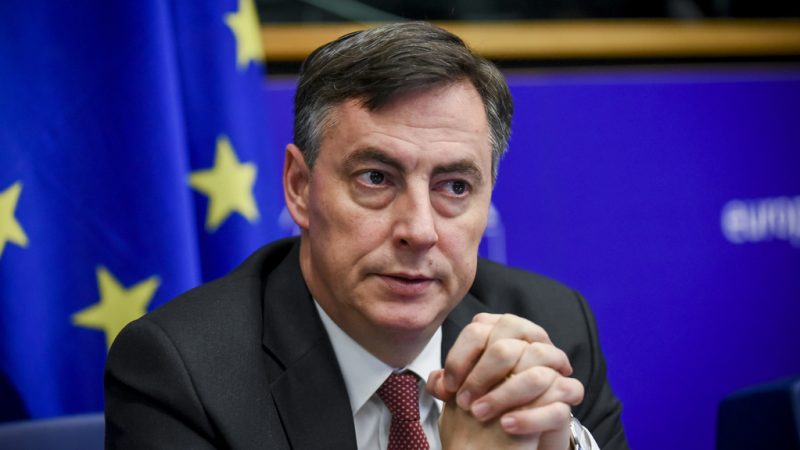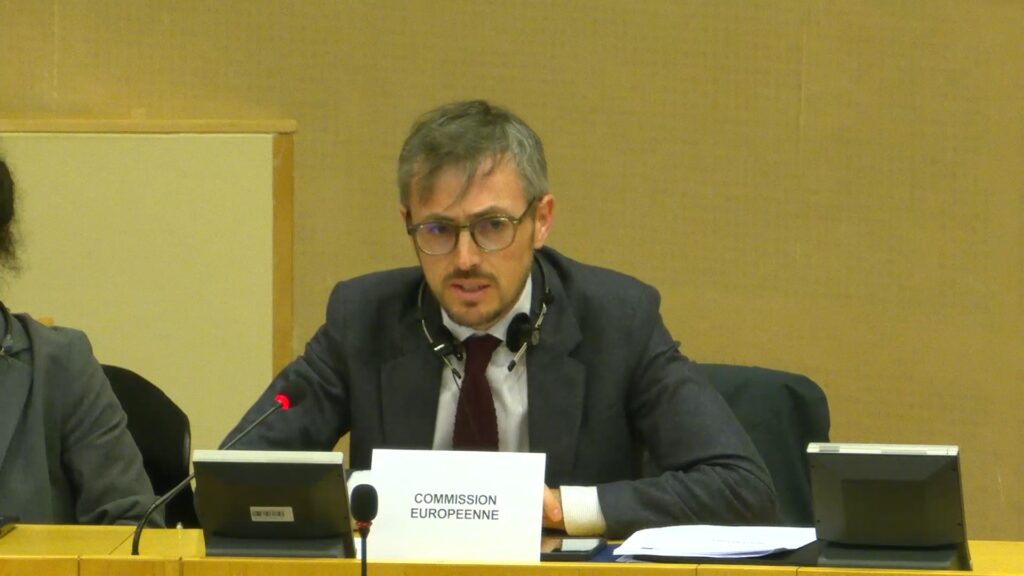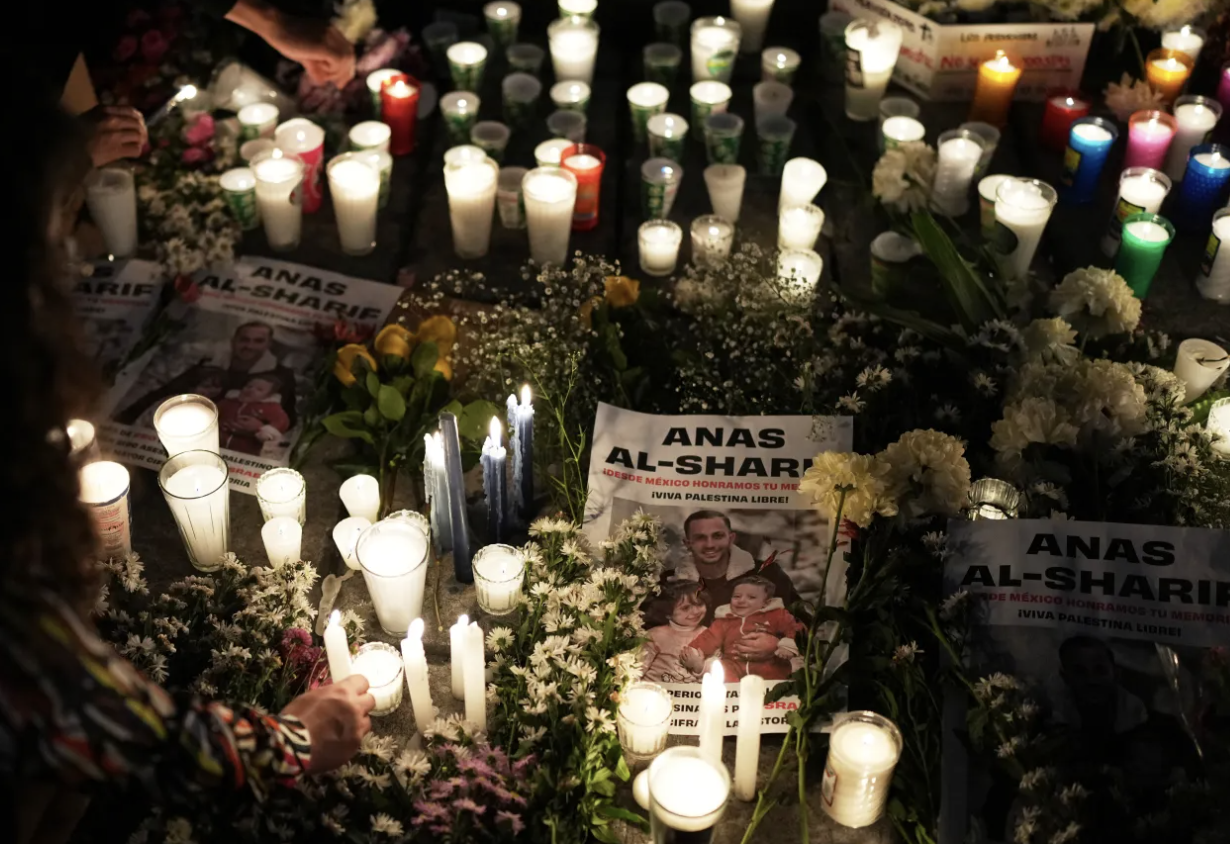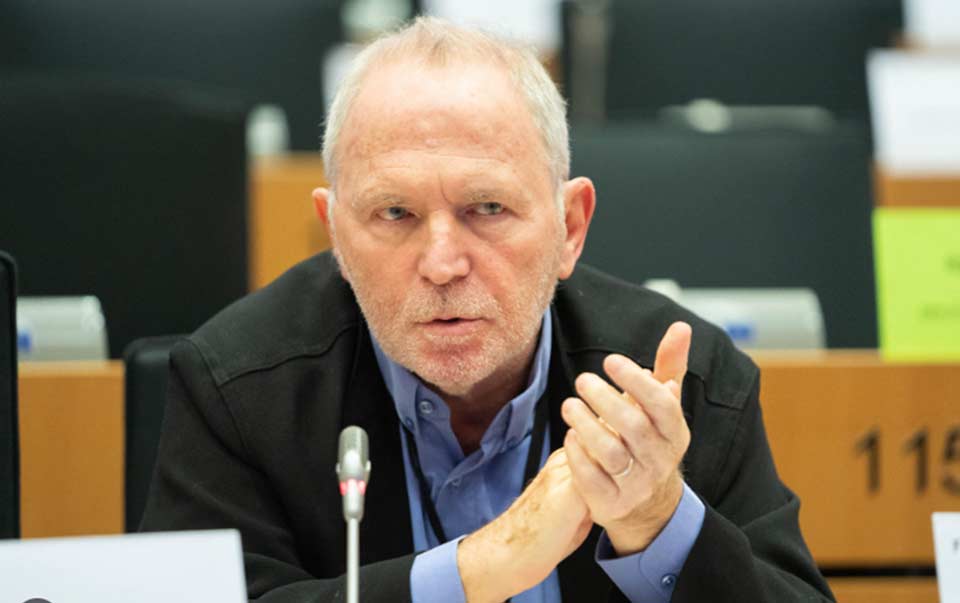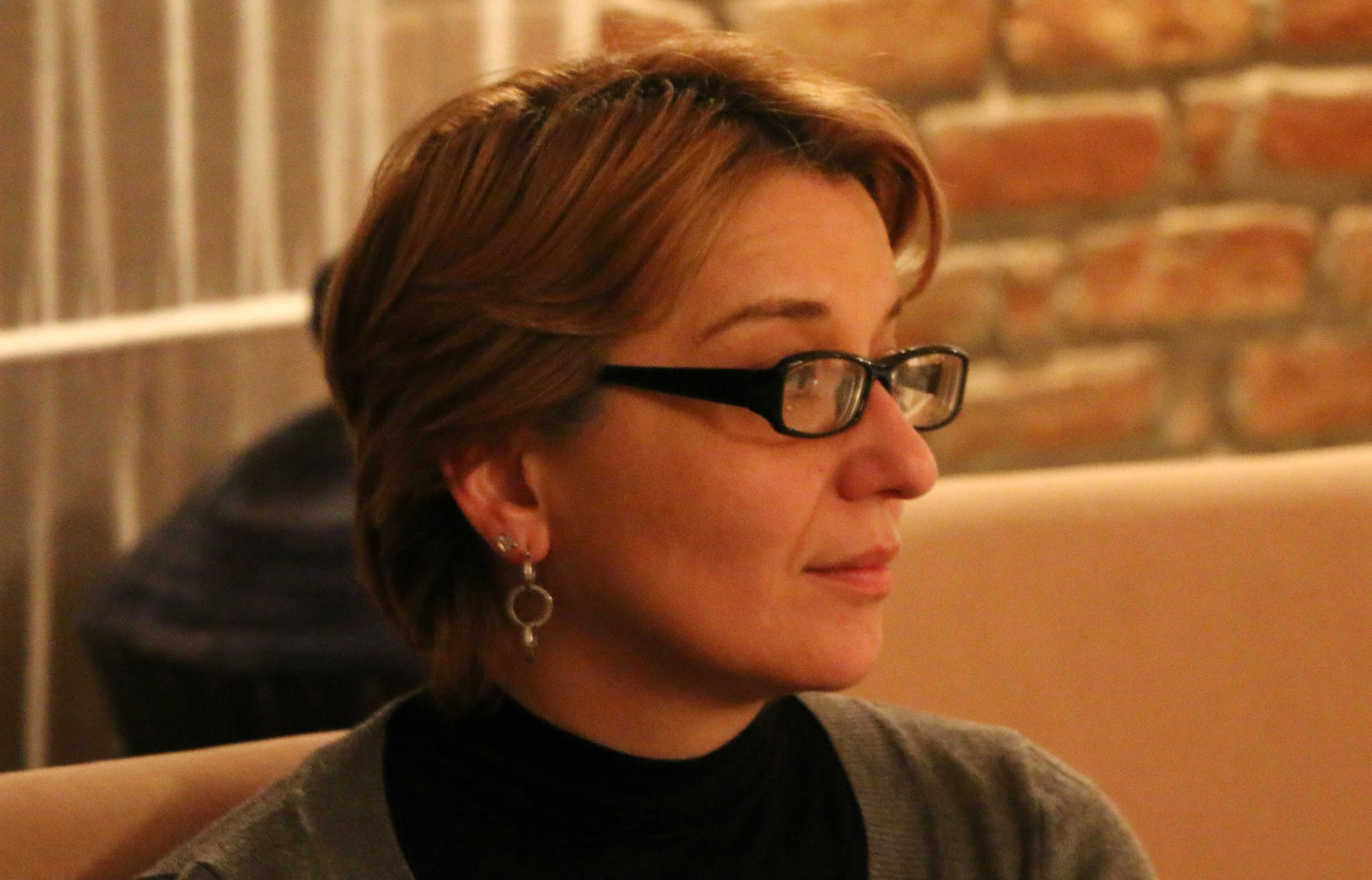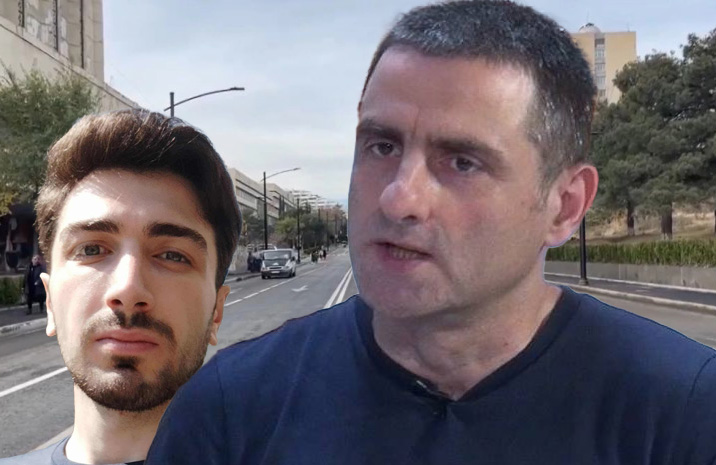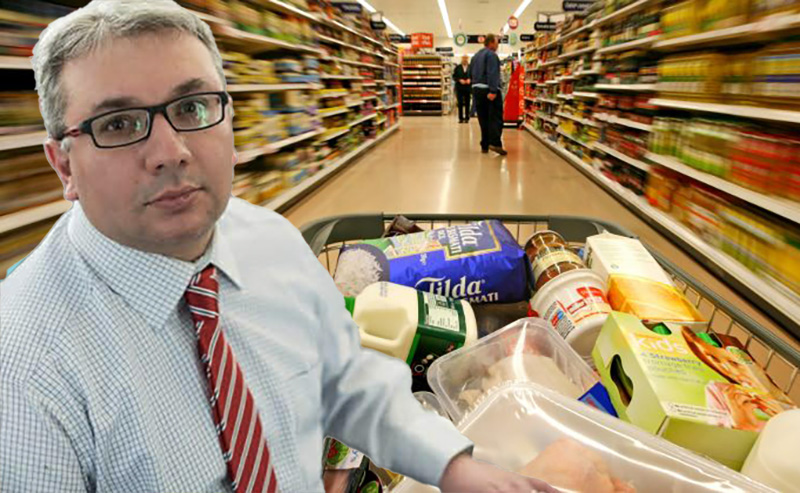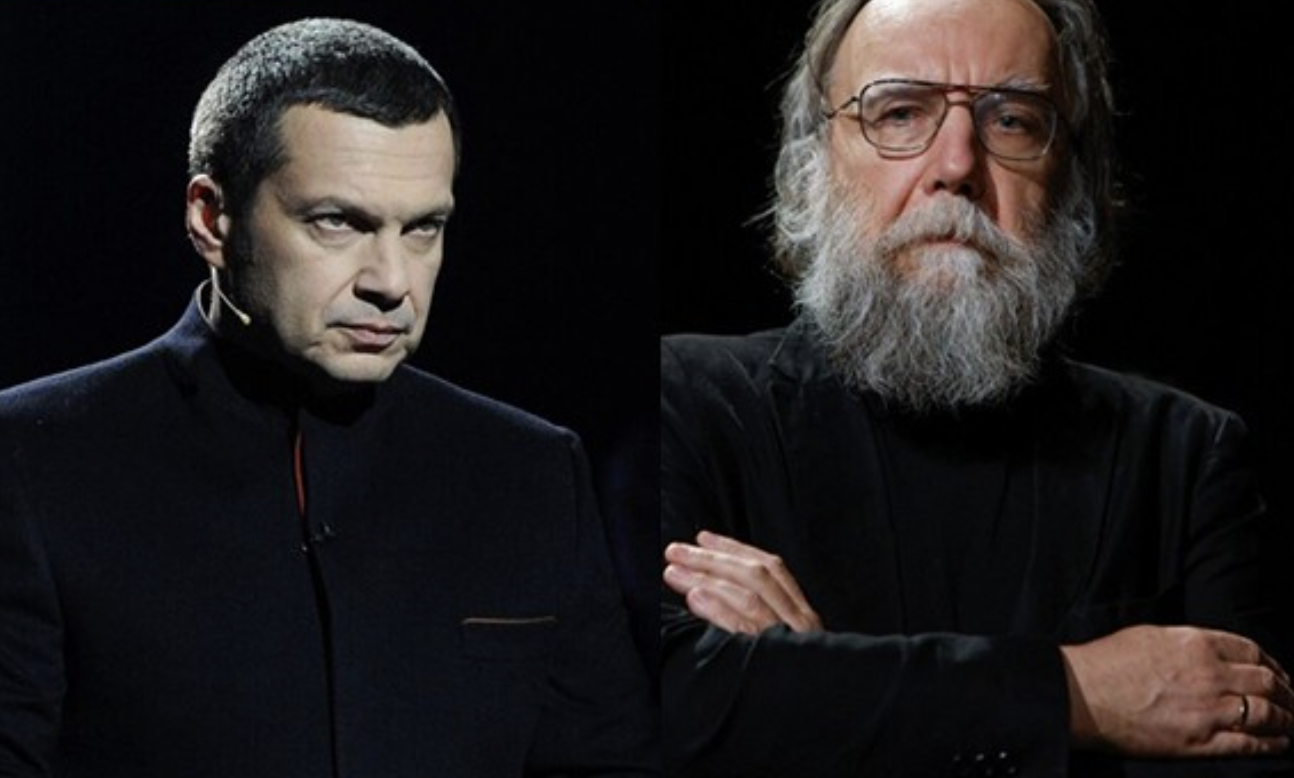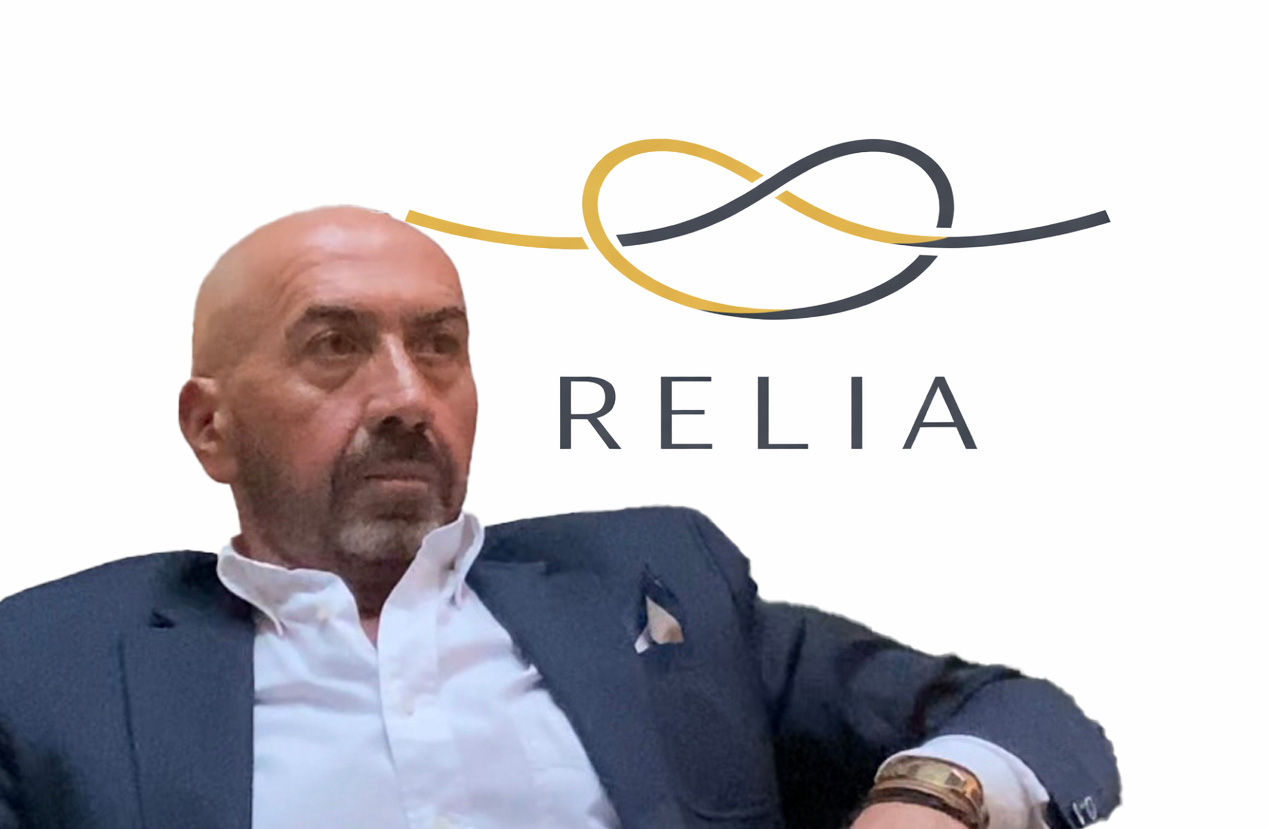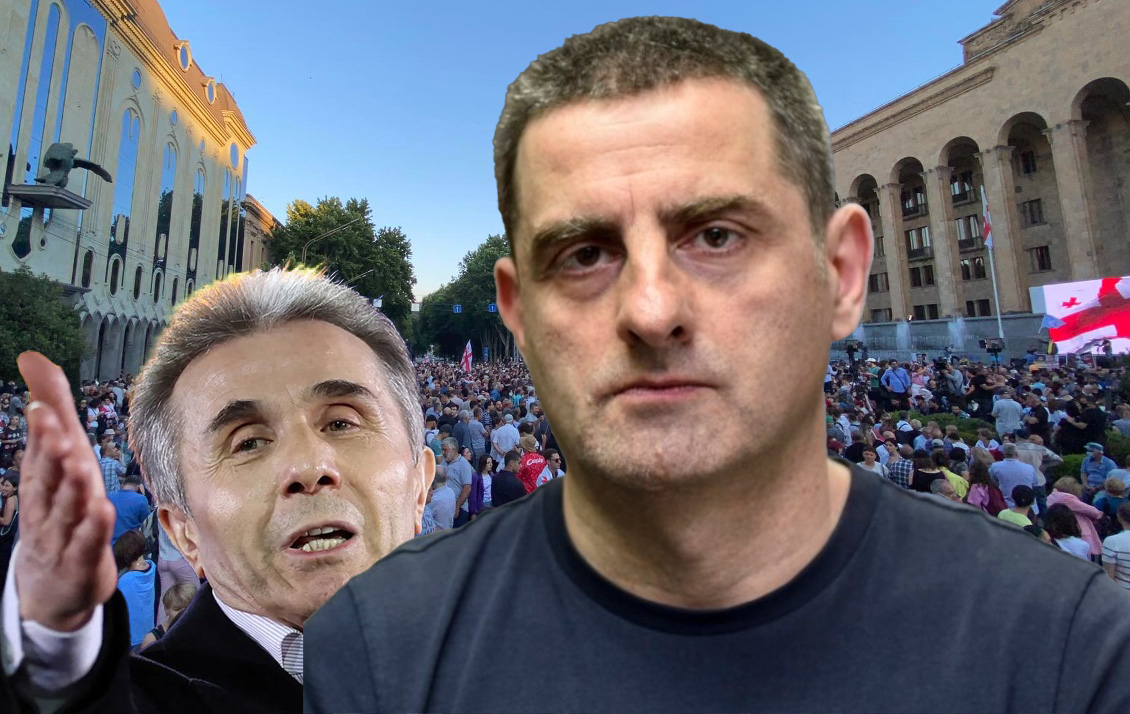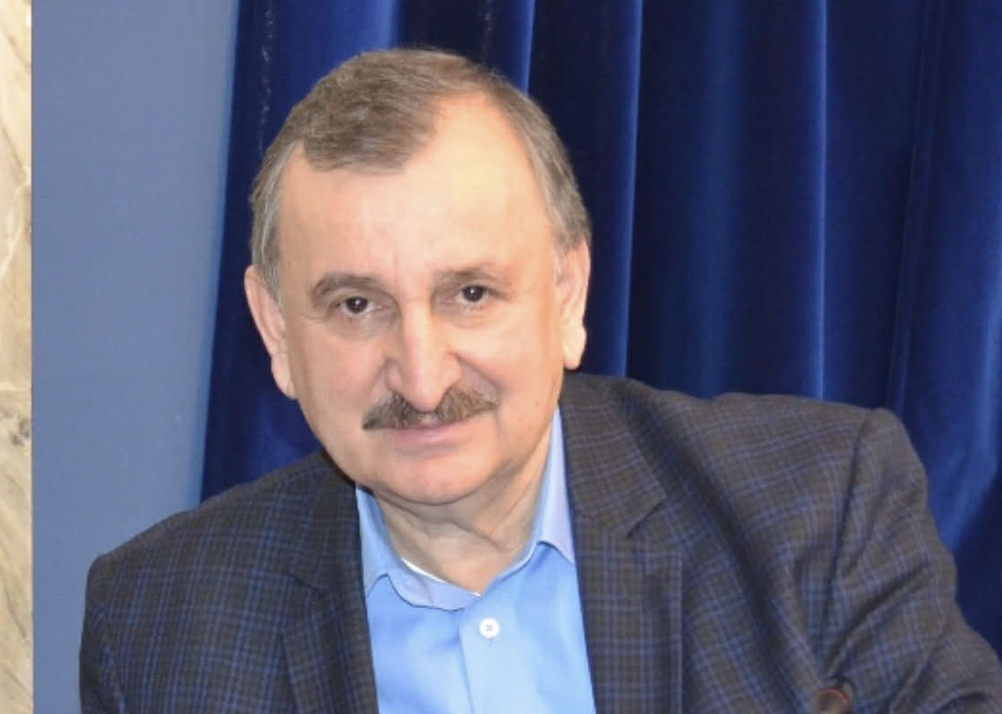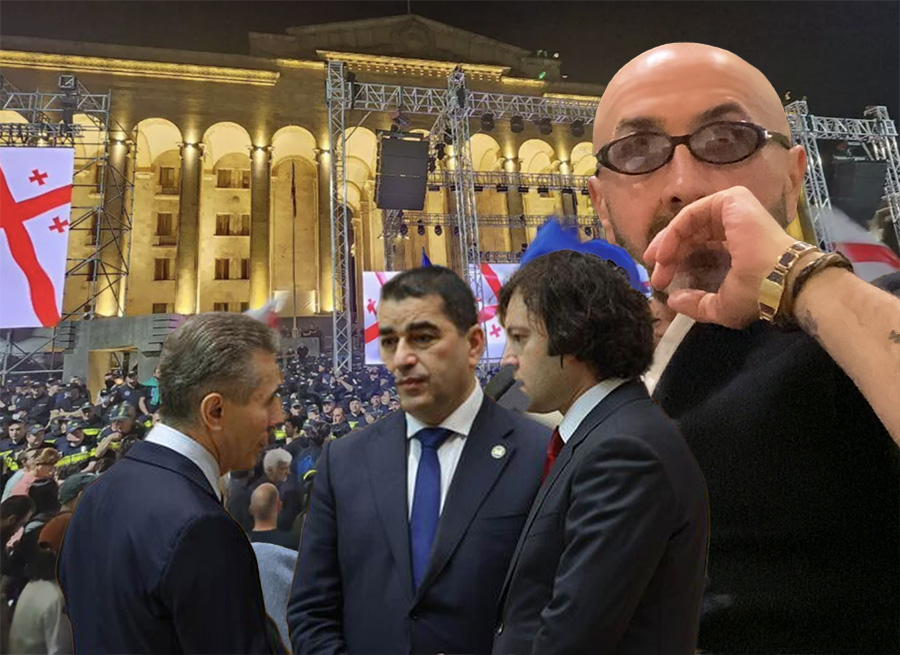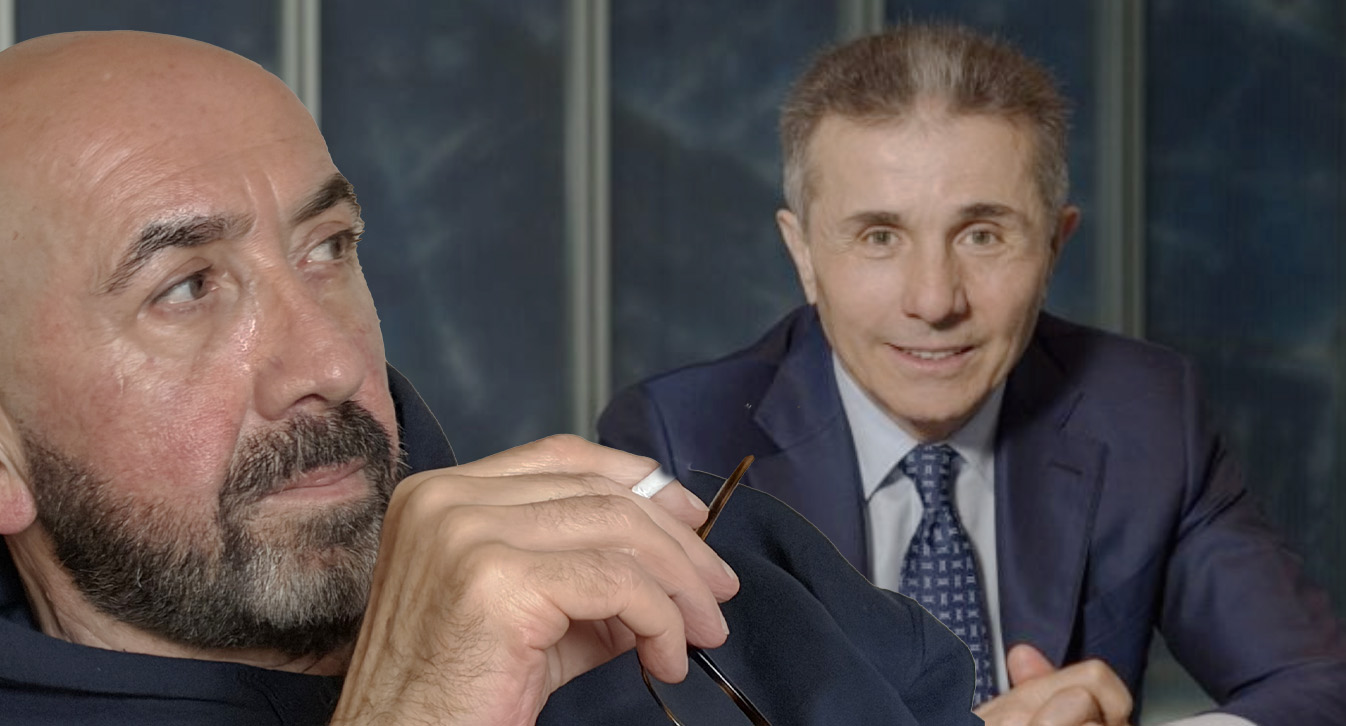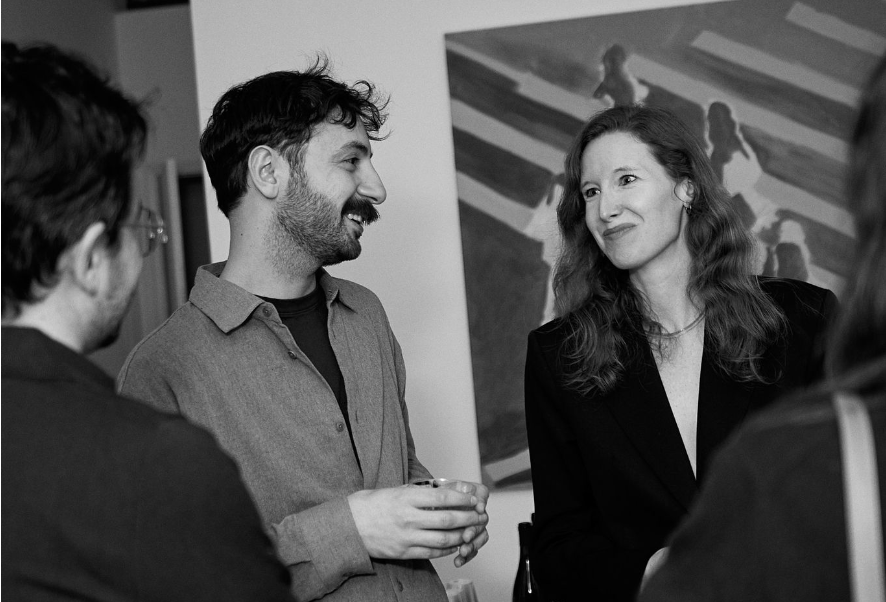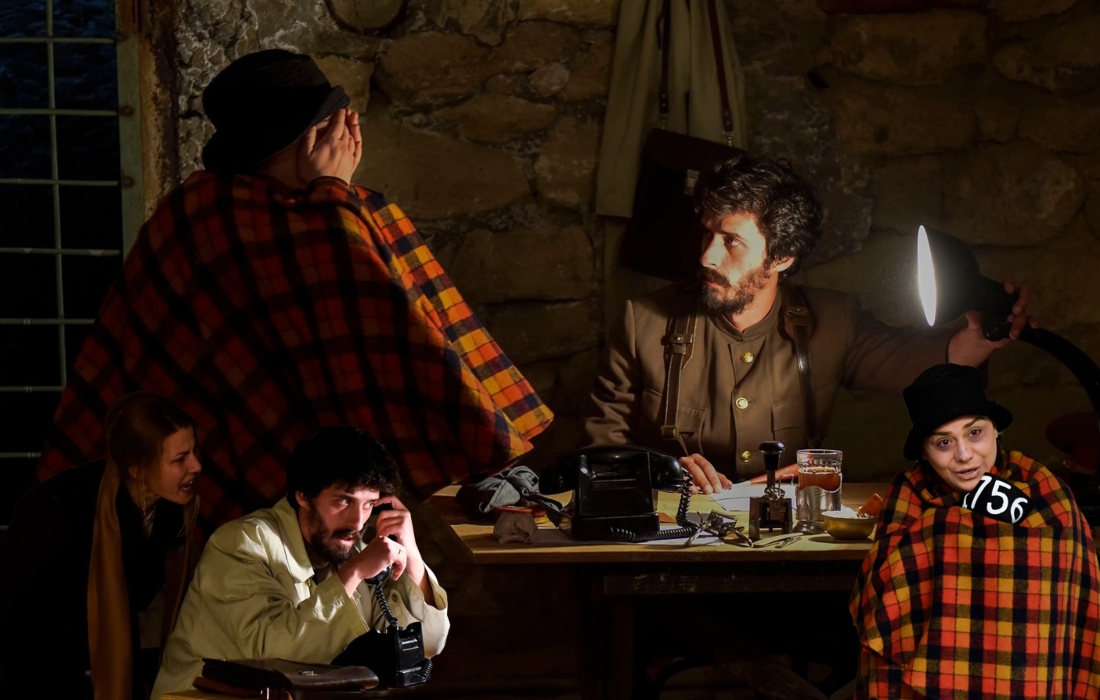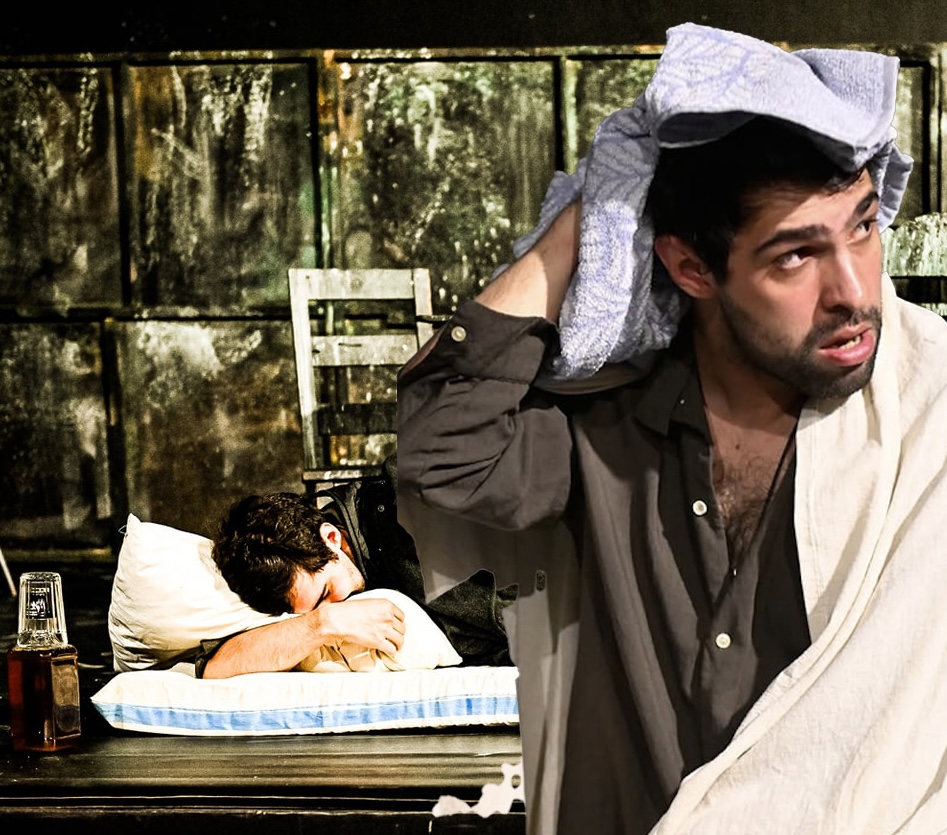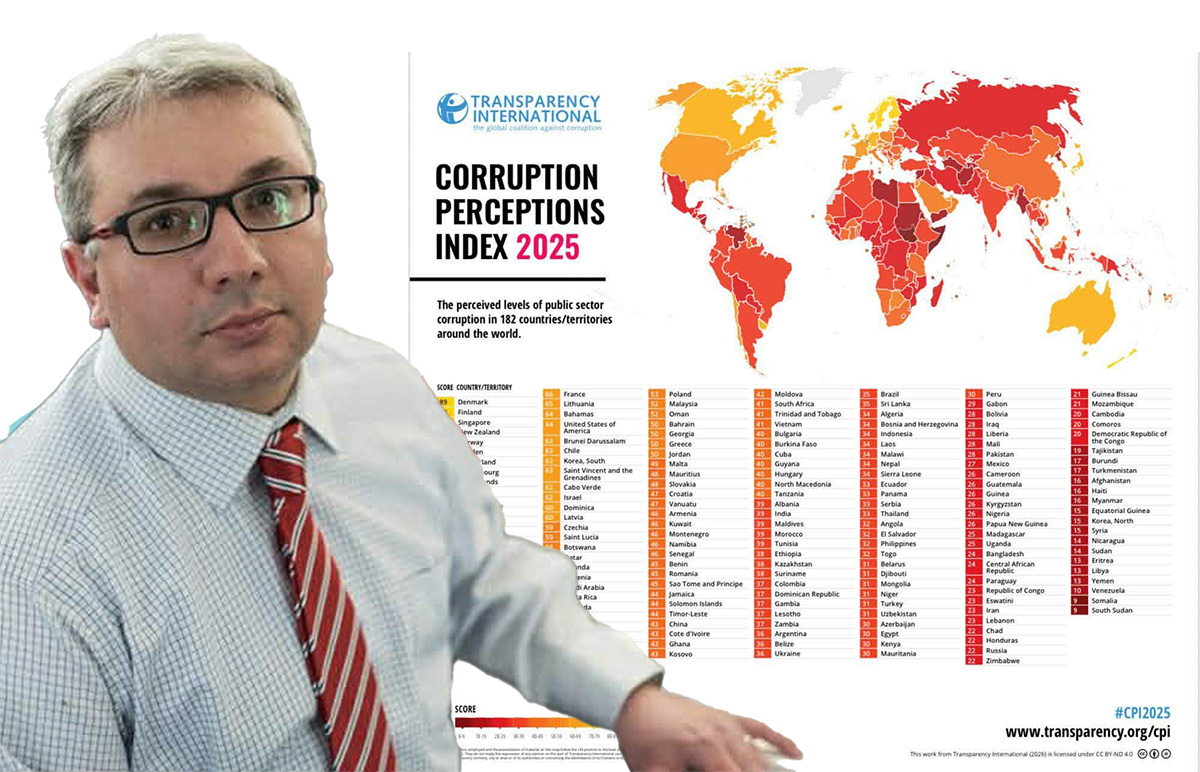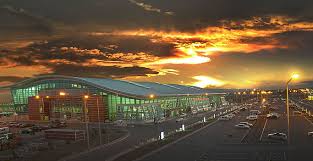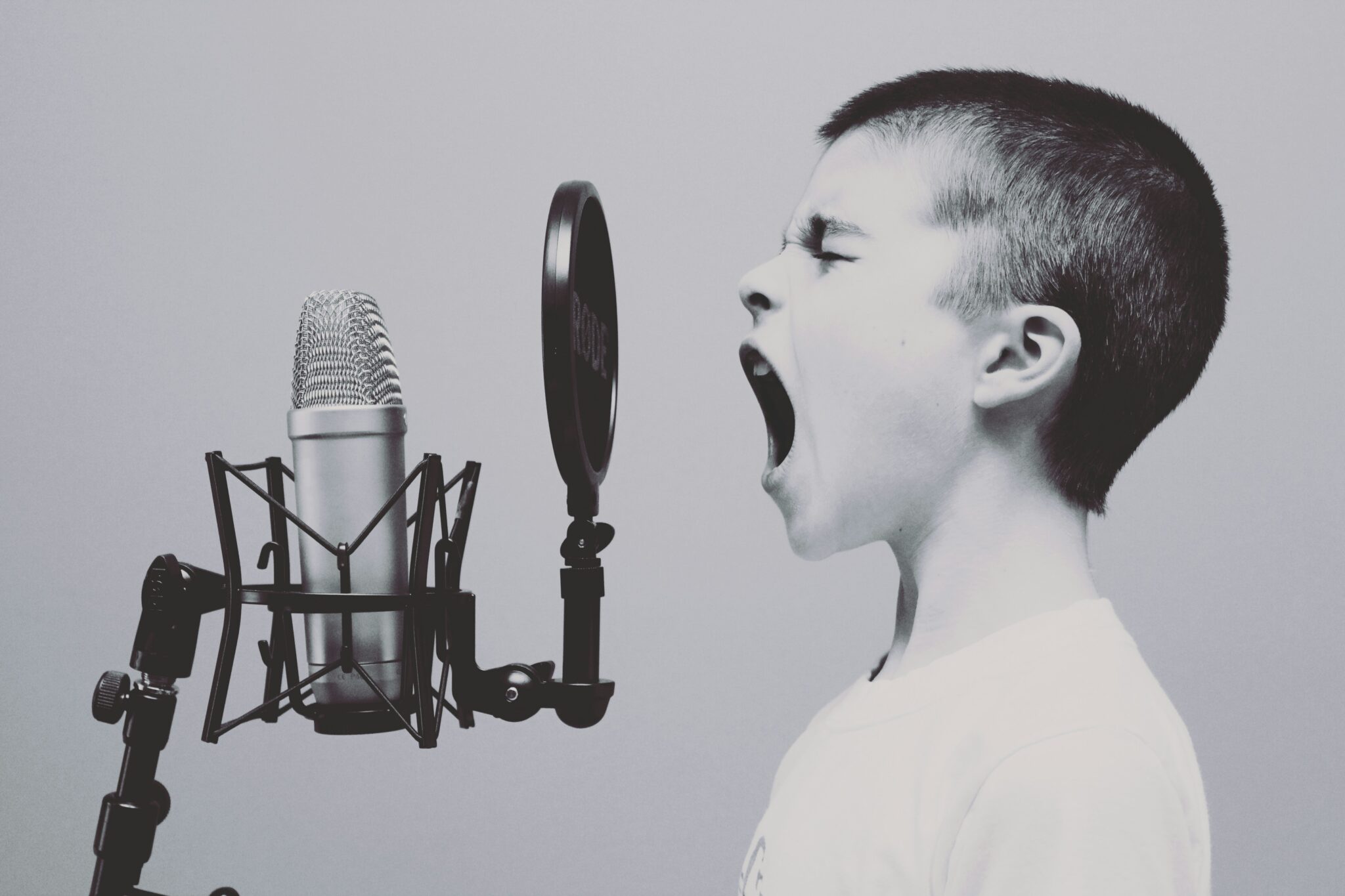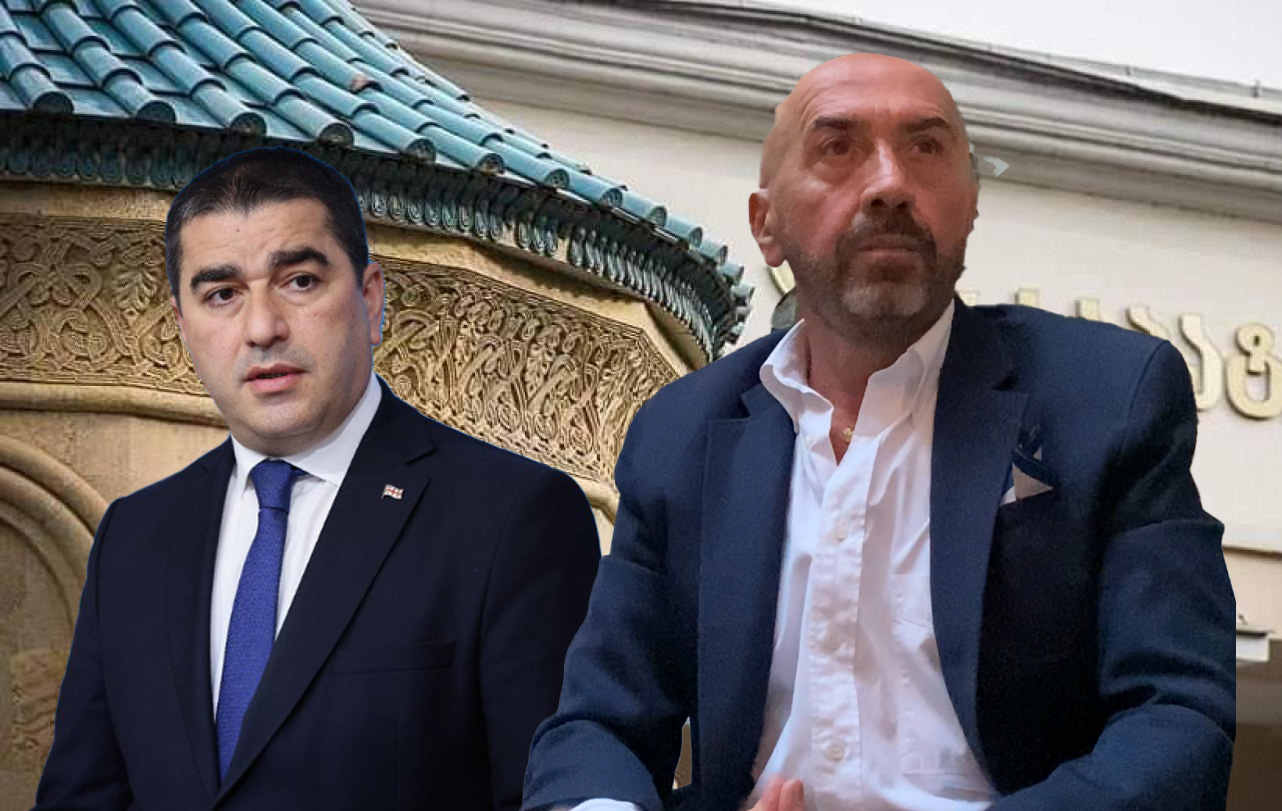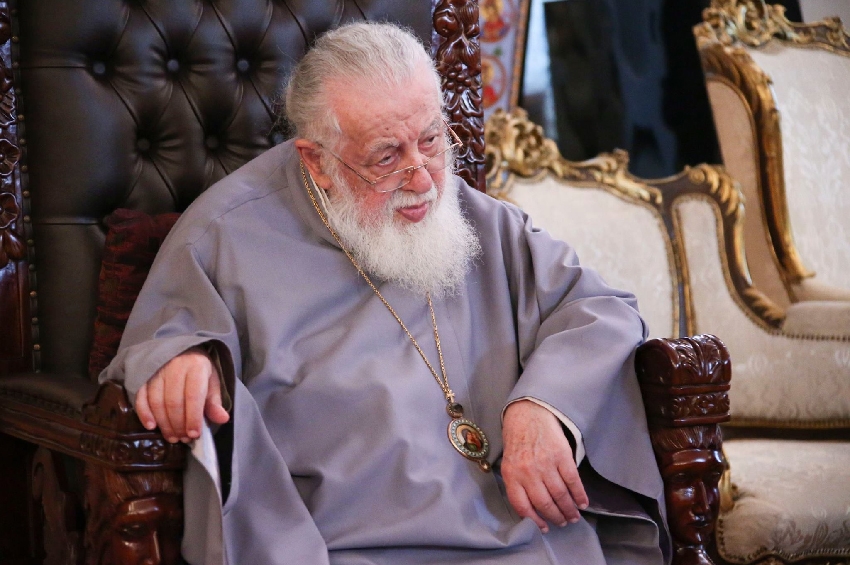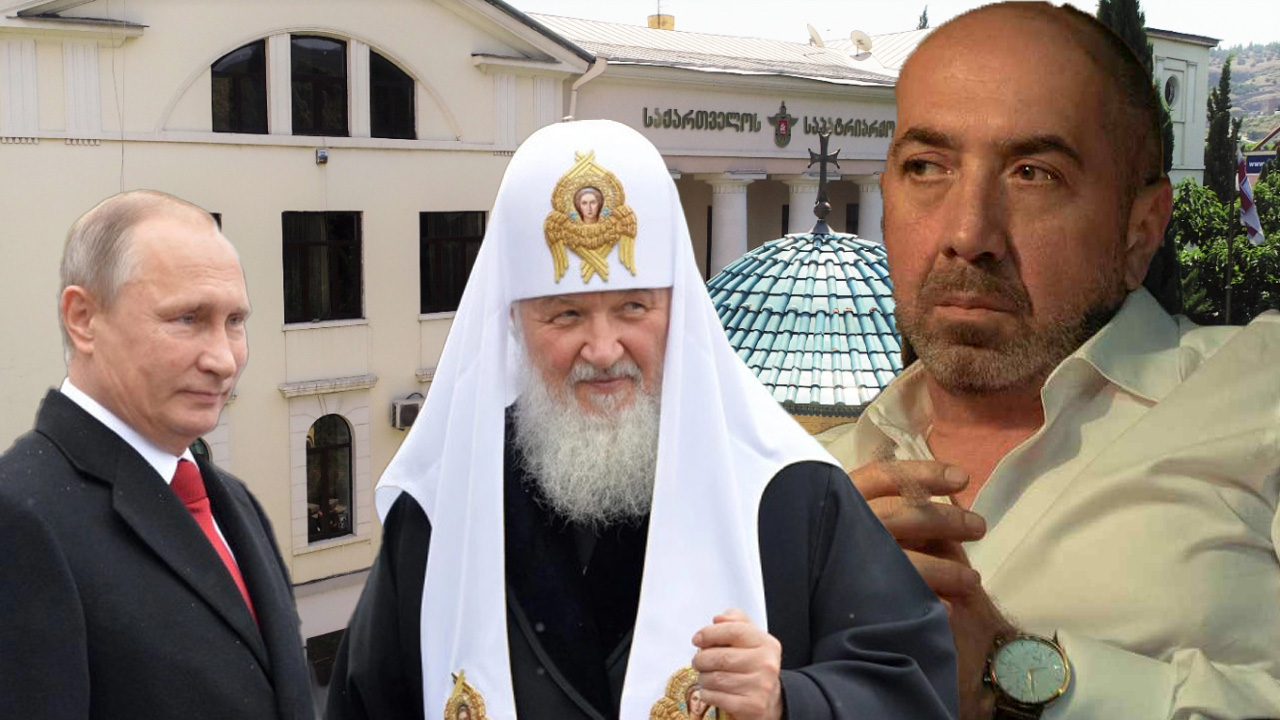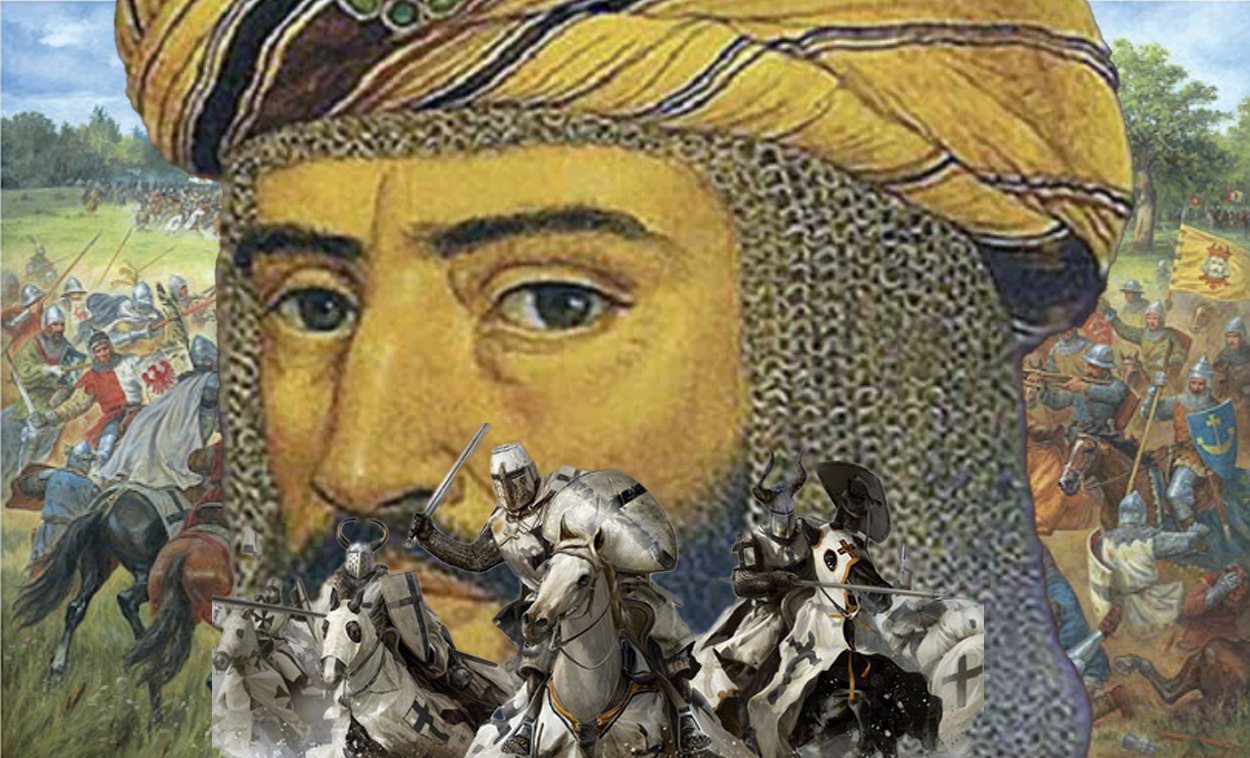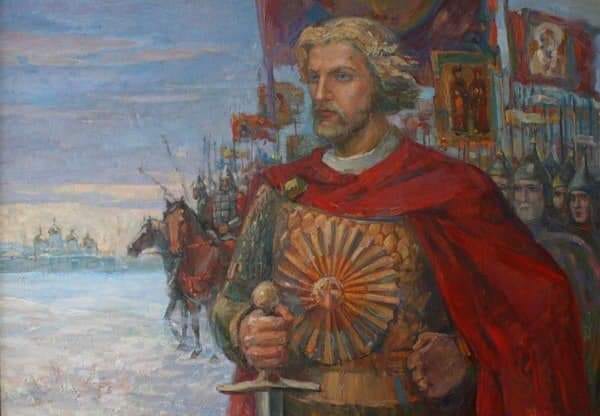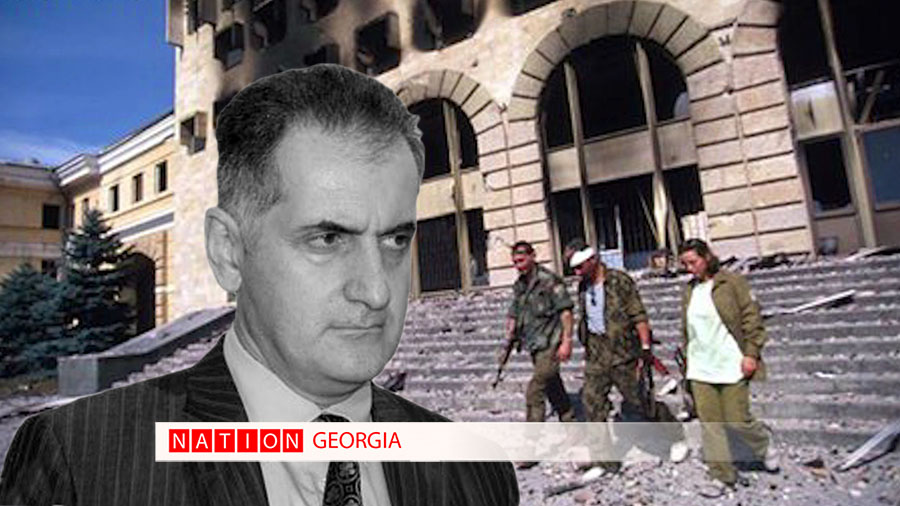President Zourabichvili: Georgia Should Not Be ‘Forgotten’
29.04.2022 ნახვები: 1681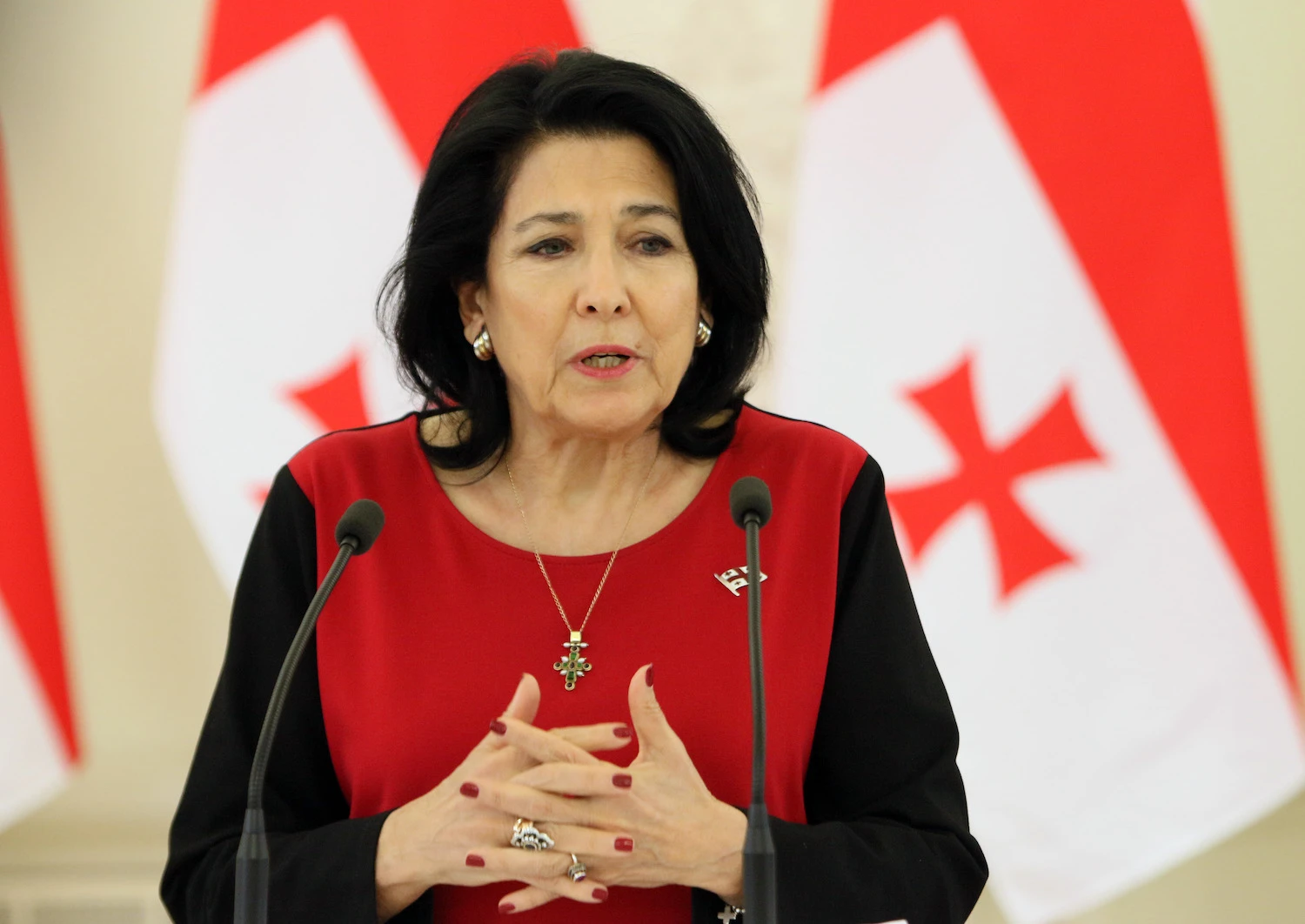
For many in the small south Caucasus country of Georgia, Russia’s invasion of Ukraine brought back painful memories of its own war with Russia in 2008. Although that war lasted only five days, Russian troops have maintained a permanent presence in two breakaway regions in Georgia, accounting for around 20 percent of the country’s territory.
Yet, the current Georgian government has opted not to join ranks with Western countries imposing sanctions on Moscow in the wake of its brutal invasion of Ukraine; Georgian Prime Minister Irakli Garibashvili argued that sanctioning Russia was not in his country’s best interests. The move sparked a diplomatic spat with Ukraine, which led Kyiv to recall its ambassador to Tbilisi.
Foreign Policy spoke with Georgian President Salome Zourabichvili about what the war in Ukraine means for Tbilisi, Georgia’s unrelenting NATO ambitions, and the country’s decision not to join Western sanctions on Russia.
This conversation has been lightly edited for clarity and length.
Foreign Policy: What is the mood like right now in Georgia? How has Russia’s invasion of Ukraine affected Georgia’s position, particularly with regards to its own security?
FP: Do you feel like Georgia is getting enough support from the West, from Europe and the United States, at this moment?
SZ: It’s a mixed picture. We are getting support. It’s very clear in all the meetings. We just had a delegation from Congress visiting Georgia. We’ve had contacts and visits before the conflict from the European Union; [European Council President] Charles Michel was three times in Georgia last year. So there is support to Georgia, and we are now on the path toward this accelerated integration or whatever it will be.
At the same time, I think that it’s the time for Georgia to be more clearly in the mind of everyone. Because we are, together with Moldova, we are the two countries that are on the “front lines” close to Russia, and which are not protected by either the European Union security system nor by, of course, the NATO security guarantees. So that makes us more vulnerable in both scenarios, in fact: whether Russia wins and gets more ambitious or whether, as it seems now, Russia loses or doesn’t win in the way that they would wish, and then could be looking for compensation. So I’m not saying that it’s scenarios that we think are necessarily going to happen. But I think that we would need to be more frequently mentioned. Of course, the priority and the focus has been on Ukraine and should be on Ukraine. There is no doubt about that. And there’s no competition there. But that should not mean that Georgia is somehow forgotten because that might be sending the very wrong message to Moscow.

